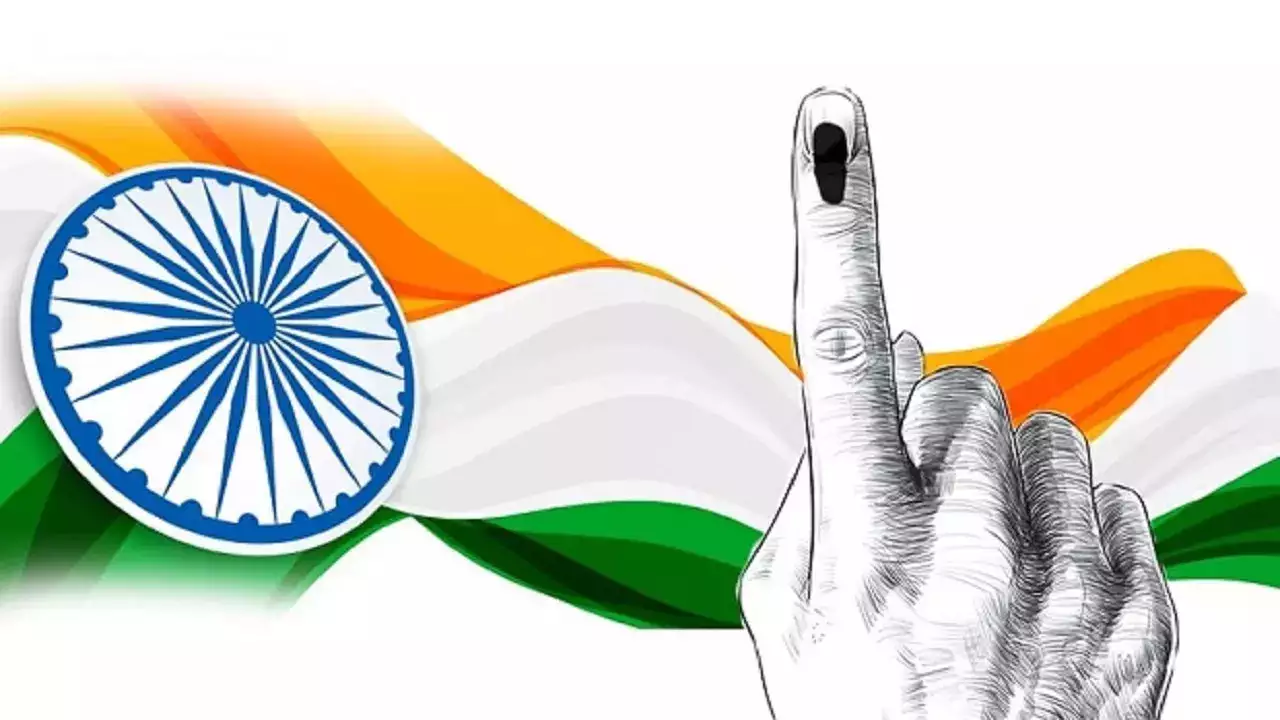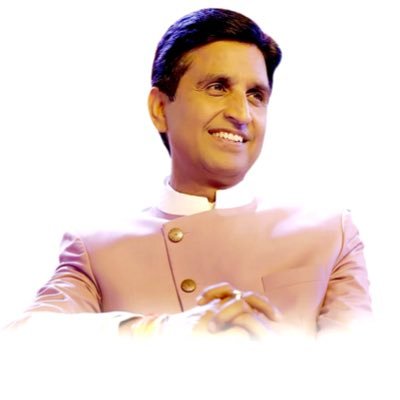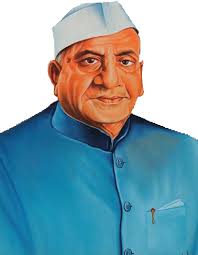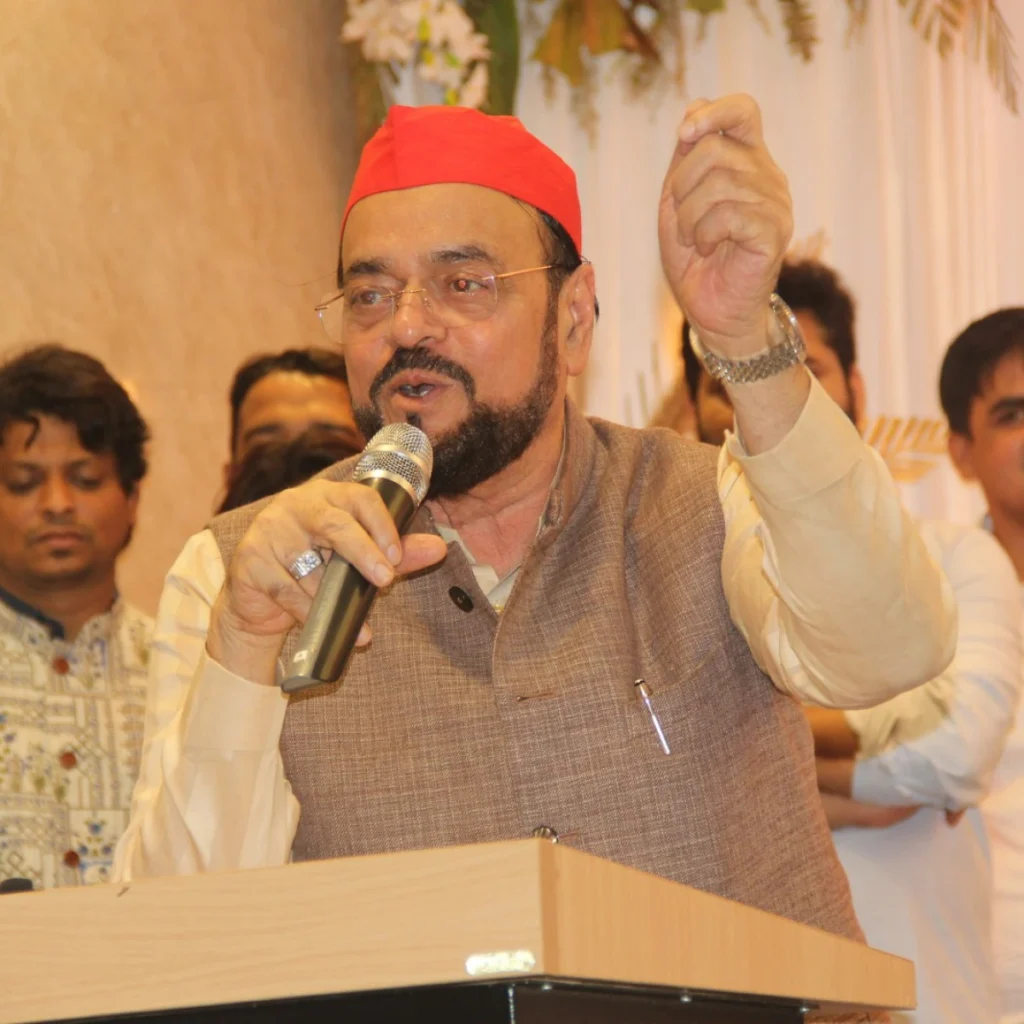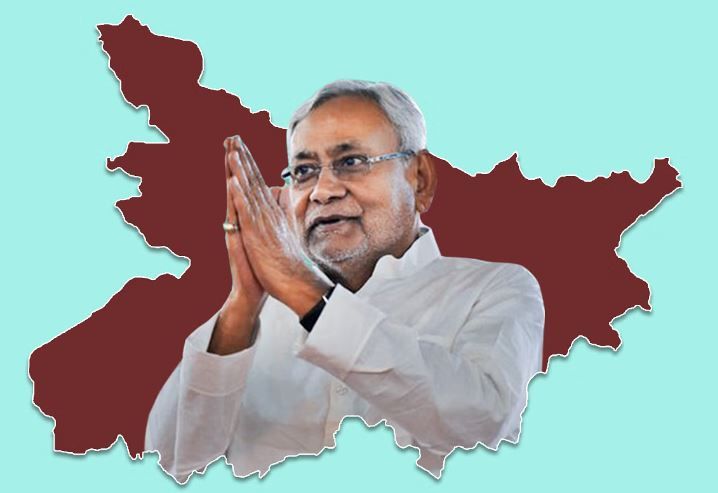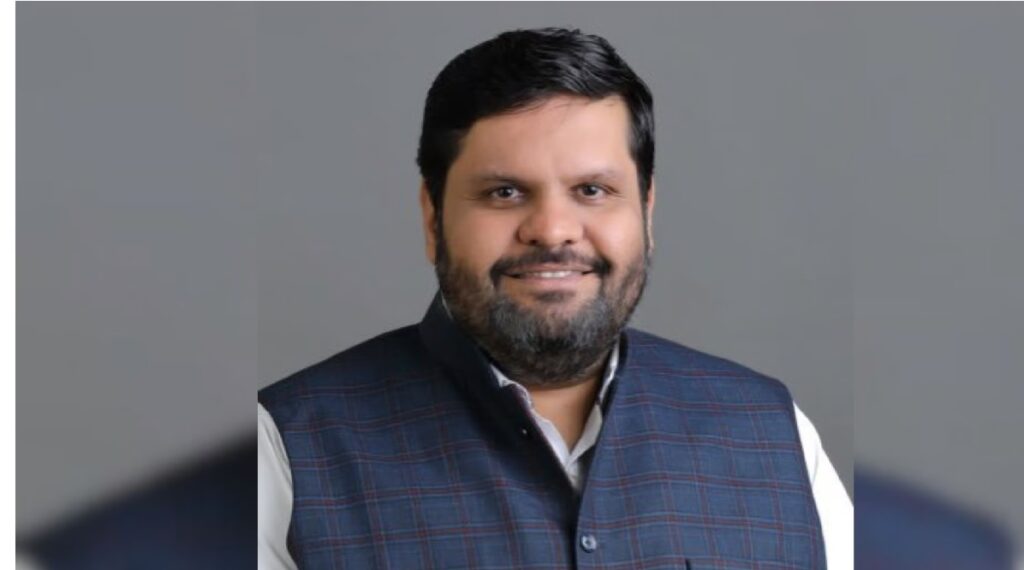In a vibrant democracy like India, elections are the cornerstone of the nation’s governance, providing citizens with the power to choose their representatives at various levels of government. However, the frequency and staggered nature of elections have led to discussions around the concept of “One Nation, One Election” (ONOE). This idea aims to synchronize the electoral cycles across all levels of government to streamline the electoral process and enhance governance efficiency. Let’s delve deeper into the intricacies of this concept and its potential impact on India’s democratic landscape
Understanding One Nation, One Election:
“One Nation, One Election” proposes to hold simultaneous elections for the Lok Sabha (Lower House of Parliament) and all State Legislative Assemblies, along with elections to local bodies such as municipalities and panchayats. Currently, India witnesses a series of elections at different intervals due to the federal structure of governance, resulting in frequent disruptions, increased expenditure, and administrative challenges.
Key Components of One Nation, One Election:
- Synchronization: The primary objective of ONOE is to synchronize the electoral cycles at the national, state, and local levels, thereby reducing the frequency of polls. This synchronization aims to minimize the disruption caused by elections and allow elected representatives to focus on governance rather than perpetually being in campaign mode.
- Cost Efficiency: Conducting multiple elections incurs substantial financial costs for the government, political parties, and other stakeholders. By aligning the electoral schedules, ONOE seeks to optimize resource utilization and reduce the overall expenditure associated with elections. This cost efficiency can free up funds for developmental initiatives and welfare programs.
- Administrative Ease: Managing elections involves significant logistical challenges, including security arrangements, deployment of personnel, and coordination among various agencies. Adopting ONOE would streamline the administrative process, enabling better utilization of human resources and infrastructure. Moreover, it would alleviate the burden on electoral machinery, ensuring smoother conduct of polls.
- Voter Convenience: Simultaneous elections can enhance voter participation by reducing voter fatigue and increasing engagement. With fewer elections to contend with, voters are likely to approach the electoral process with greater enthusiasm and commitment. Additionally, ONOE eliminates the need for voters to repeatedly familiarize themselves with different candidates and issues, simplifying the decision-making process.
Challenges and Controversies:
While the concept of One Nation, One Election holds promise, its implementation faces several challenges and has sparked considerable debate:
- Constitutional Amendments: Enforcing ONOE would require amendments to the Constitution to synchronize the terms of various legislative bodies. This necessitates consensus-building among political parties and careful consideration of federal principles and regional dynamics.
- Political Opposition: The proposal has encountered resistance from opposition parties, citing concerns over its potential to favor larger parties and undermine the federal structure. Some argue that simultaneous elections could overshadow local issues and diminish the accountability of elected representatives to their constituents.
- Legal and Logistical Hurdles: Addressing legal and logistical complexities, such as the premature dissolution of legislatures, staggered terms of office, and readiness of electoral infrastructure, poses significant challenges to the implementation of ONOE.
Conclusion:
“One Nation, One Election” represents a bold vision to streamline India’s electoral process and enhance governance efficiency. While the concept offers compelling benefits such as cost savings, administrative ease, and voter convenience, its realization hinges on navigating constitutional, political, and logistical complexities. As India continues to evolve as the world’s largest democracy, deliberations on ONOE serve as a crucial catalyst for reforming electoral practices and strengthening democratic institutions.
Through careful deliberation, consensus-building, and a commitment to democratic principles, India can chart a course towards synchronized elections, fostering greater stability, accountability, and inclusivity in its democratic framework.

